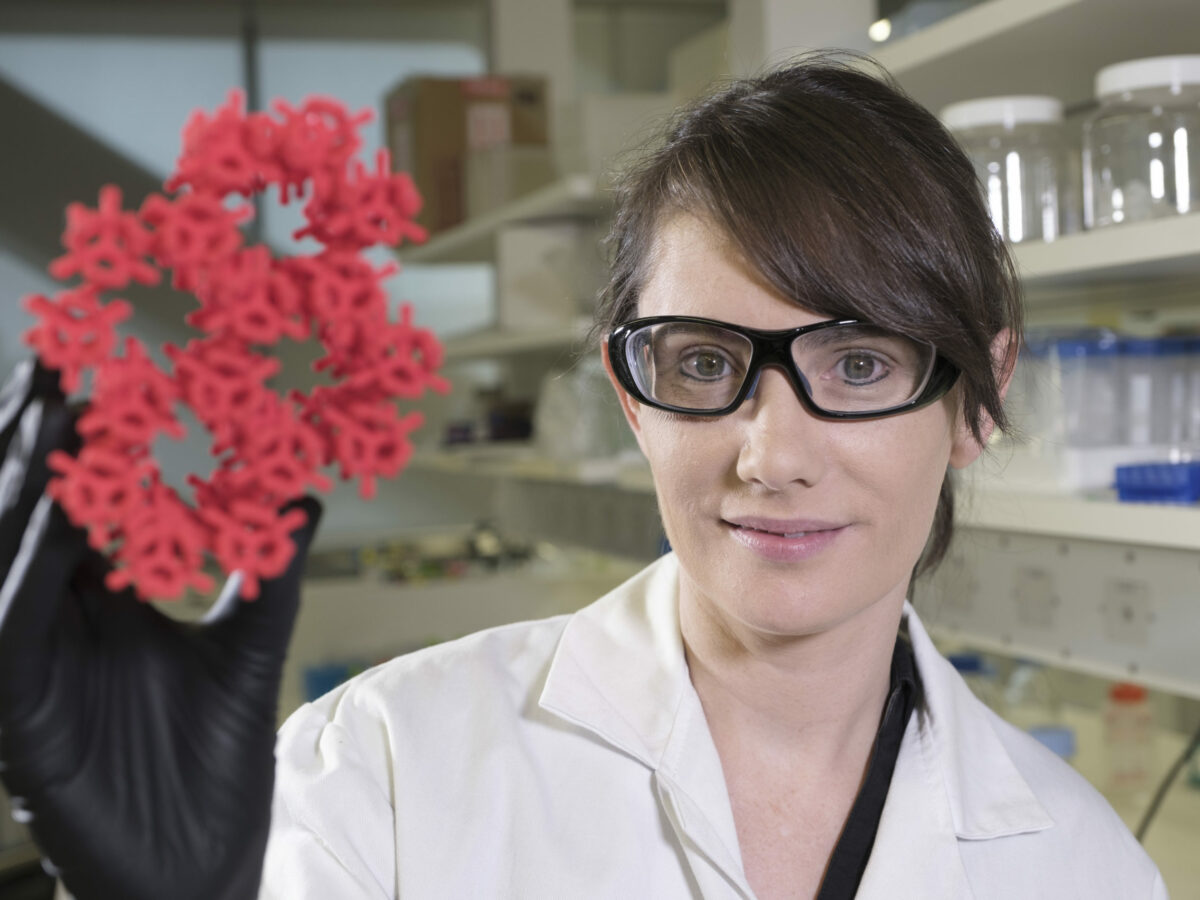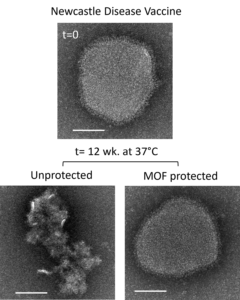CSIRO develops new method preserving live vaccines without refrigeration

A CSIRO team has developed a world-first technique to stabilise vaccines, which are sensitive to heat and must usually be kept refrigerated, which the organisation says could eventually increase the accessibility of life-saving medicines for people in remote communities and developing nations.

The team’s work uses metal organic frameworks (MOFs), a type of dissolvable, crystalline material, to encapsulate vaccines. This allowed two proof of concept live virus vaccines to survive up to 12 weeks and at temperatures up to 37 degrees Celsius.
Lead author of a paper detailing the research in Acta Biomaterialia, Dr Ruhani Singh, said the world-first approach was simple, rapid, scalable, and done in one step.
“There are two common approaches to protecting vaccines from heat,” Singh said in a statement from CSIRO.
“You can modify the vaccine, which is complex and laborious and at high temperatures may still only last less than a week, or you can use other stabilising agents which pose challenges including how to realistically scale up the solution.
The World Health Organisation estimates as much as 50 per cent of vaccines go to waste, chiefly due to lack of facilities and temperature control.
MOFs were able to protect the two vaccines tested – for Newcastle disease in poultry and influenza A in humans – from heat stress, and were then dissolved for the vaccines to be used.
“MOFs work similarly to a scaffold you might put around your house, once you remove the scaffold, your house remains – which is what happens when we dissolve the MOFs in a vaccine,” explained CSIRO senior scientist Dr Cara Doherty (pictured.)
CSIRO said it is currently looking to partner with animal and human health businesses to commercialise the work.
Pictures: supplied
Subscribe to our free @AuManufacturing newsletter here.
Topics Technology
@aumanufacturing Sections
Analysis and Commentary Awards casino reviews Defence Gambling Manufacturing News Online Casino Podcast Technology Videos

